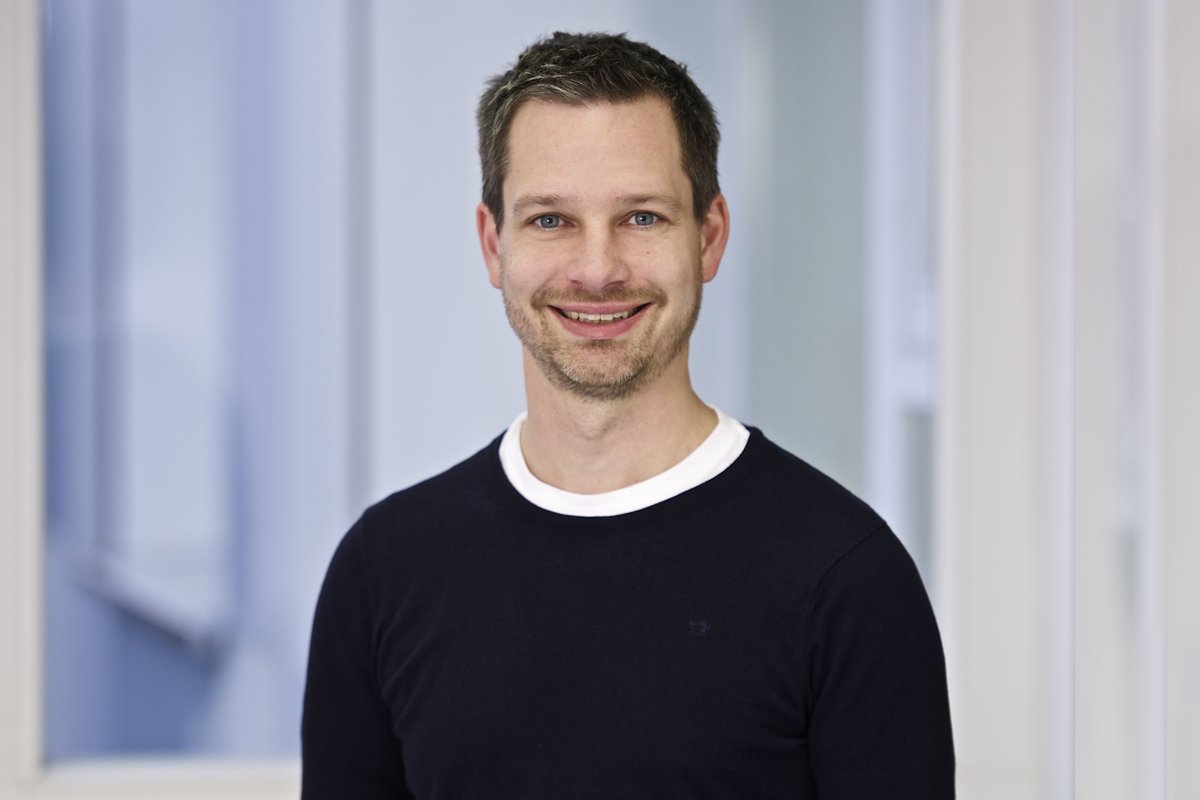
New DFG research unit "DynaSym"
How different species interact with each other, for example as predator and prey, is by no means fixed and can depend on the prevailing environmental conditions. Which factors play a role in this process is the focus topic of the new DFG research unit "DynaSym", with the participation of the University of Konstanz. The unit's spokesperson is Lutz Becks.
To what extent is the relationship between different species fixed? Does a predator, for example, always act as a predator towards its prey? And will species that compete for the same nutrients always be competitors? For a long time, ecologist and evolutionary biologists assumed that such relationships between different species never change. But we now know that they can change – depending on the environmental conditions.
One of the central questions that the new research unit "Density dependent symbiosis in planktonic systems", or "DynaSym" for short, will investigate, is the role played by the population densities of the interacting species. The German Research Foundation (DFG) announced today, 02. July 2024, that they will initially fund the research unit for four years (starting in October 2024). Spokesperson for DynaSym is the ecologist and evolutionary biologist Lutz Becks from the Department of Biology at the University of Konstanz.
Combining theoretical and experimental approaches
"Using microorganisms as model organisms, we want to find out how density changes the type of interaction between species and how this affects the dynamics of populations and communities," explains Becks. For example, under what conditions does a competitive relationship change into a mutualistic relationship that is beneficial to both species? And do such changes have subsequent effects on population densities – in other words, are there feedback mechanisms?
The researchers work in eight sub-projects at a total of six German universities and research institutions, and are collaborating with partners from France, Israel and the USA. Through the combination of experimental and modelling approaches, the project aims to provide new general mechanistic insights into the dynamics of communities and thus a basis for revising and extending existing theories in ecology. "Thanks to our interdisciplinary approach, which brings together experts in experimental ecology and evolution with modellers, we are in an excellent position to comprehensively investigate the processes underlying the complex dynamics of biotic communities", says Becks.
About the DFG research units
A total of nine new research units and a new Centre for Advanced Studies in Humanities and Social Sciences will be funded, as the German Research Foundation announced today, 02. July 2024. The aim of DFG research units is to promote medium-term close collaboration of several outstanding researchers to work on a special research task with the aim of achieving results that clearly go beyond individual grants. The maximum funding duration of a research unit is two periods of four years each. In the first period, the new units will receive a total of around 41.3 million euros.
Key facts:
- The German Research Foundation funds nine new research units and a new Centre for Advanced Studies in Humanities and Social Sciences
- The research unit "Density dependent symbiosis in planktonic systems" ("DynaSym") investigates the influence of population densities on the interaction between different species.
- Spokesperson for DynaSym is the ecologist and evolutionary biologist Lutz Becks from the Department of Biology at the University of Konstanz.
- Principal investigators and research institutions involved in DynaSym:
- Professor Lutz Becks (University of Konstanz)
- Professor Ursula Gaedke, Dr Toni Klauschies & Professor Guntram Weithoff (University of Potsdam)
- Dr Birte Matthiessen (GEOMAR Helmholtz Center for Ocean Research, Kiel)
- Dr Stefanie Moorthi (University of Oldenburg)
- Professor Herwig Stibor & Dr Maria Stockenreiter (Ludwig-Maximilians-University Munich)
- Dr Hildegard Uecker (Max Planck Institute for Evolutionary Biology, Plön)
- International project partners:
- Professor Frida Ben-Ami (Tel-Aviv University; Israel)
- Professor Meghan Duffy (University of Michigan; USA)
- Professor Jelena Pantel (University of Franche-Comté; France)

